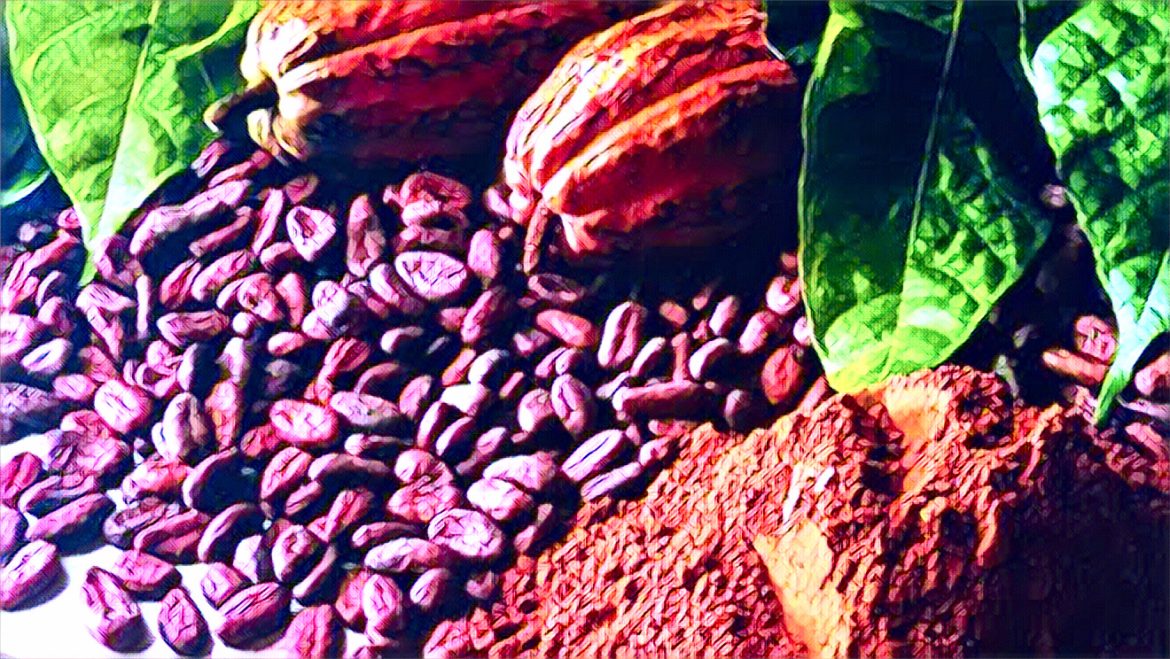Ghana’s cocoa regulator, Cocobod, has secured a $200 million loan from the World Bank to rehabilitate cocoa plantations that have been devastated by a viral disease, according to a Reuters report. The loan is part of a larger effort by the West African nation to boost its cocoa production and quality, as well as to protect the livelihoods of millions of farmers who depend on the crop.
Cocoa is Ghana’s main export commodity, accounting for about 20% of its foreign exchange earnings and 7.5% of its gross domestic product. The country is the world’s second-largest cocoa producer after neighboring Ivory Coast, with an annual output of around 800,000 metric tons. However, Ghana’s cocoa sector faces several challenges, including aging trees, illegal mining, climate change, and smuggling.
One of the most serious threats is the cocoa swollen shoot virus (CSSV), which causes drops in yields and kills trees. The disease has wiped out about 500,000 hectares of farmlands and reduced cocoa output by 40% since it was first discovered in 1936. The virus is transmitted by mealybugs, which feed on the sap of cocoa trees and inject the virus into the plant tissues. There is no cure for the disease, and the only way to control it is to cut down and replace infected trees.
The World Bank loan, which was approved by the government last year, will finance Cocobod’s rehabilitation of farms and help to enhance knowledge on the virus strains, a project information document showed. The project aims to restore 74,000 hectares of cocoa farms affected by CSSV and to prevent the further spread of the disease. It will also support the adoption of good agricultural practices, the provision of improved planting materials, and the promotion of climate-smart cocoa production.
The rehabilitation program will take a minimum of five years to start getting economic returns, Cocobod’s deputy CEO in charge of operations, Emmanuel Opoku, told Reuters. He added that the board’s efforts had been hampered by the country’s economic crisis and limited funds. The board will take over disease-infested farms, cut and replace sick cocoa trees, and hand them back to farmers when they reach a fruiting stage.
In 2018, Cocobod used part of a $600 million loan from the African Development Bank (AfDB) to rehabilitate aging plantations and those affected by CSSV. However, the program, which was meant to cover 156,000 hectares of plantations, was caught up in Ghana’s worst economic crisis in a generation, during which inflation soared and the cedi currency depreciated sharply. Opoku said the AfDB facility benefited more than 88,000 hectares of farmlands, of which 40,000 hectares were ready to be given back to farmers.
Alhassan Bukari, president of the country’s Cocoa, Coffee and Sheanut Farmers’ Association, told Reuters that the rehabilitation efforts needed to be aggressive, as many farmers were affected. He also urged the government to increase the producer price of cocoa, which has remained unchanged at 10,560 cedis ($1,800) per tonne since October 2020, despite the rise in global cocoa prices.
Ghana’s graded and sealed cocoa arrivals fell by 35% between the start of this season on Sept. 1 and Jan. 31 this year, due to the intensity of the seasonal dry Harmattan winds and what Cocobod described as production challenges.
Source: Reuters





1 comment
Thanks for sharing. I read many of your blog posts, cool, your blog is very good.